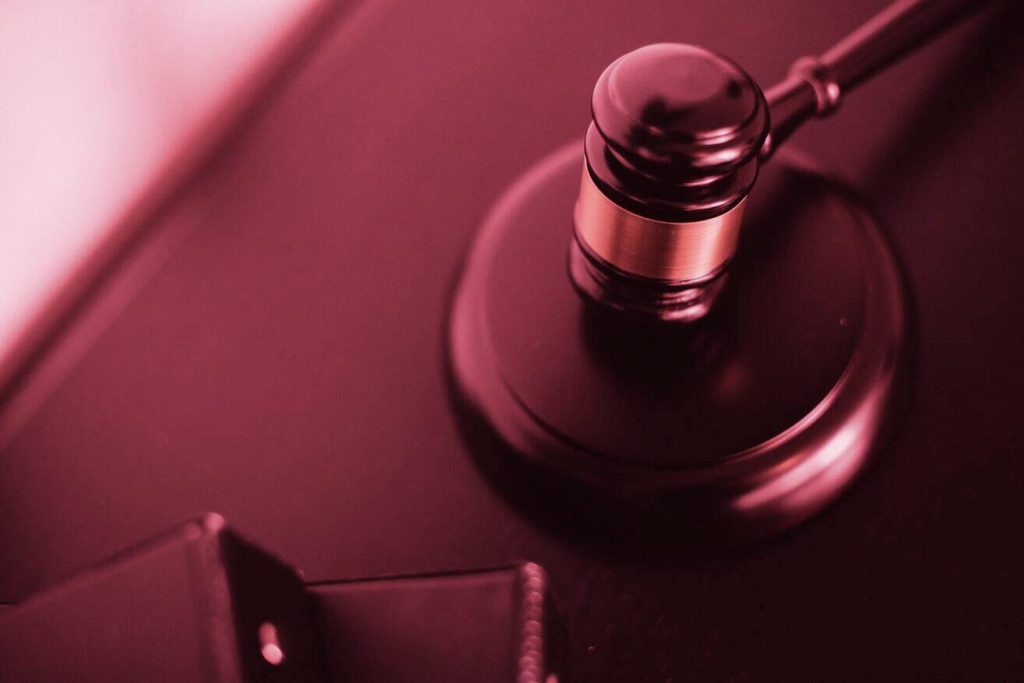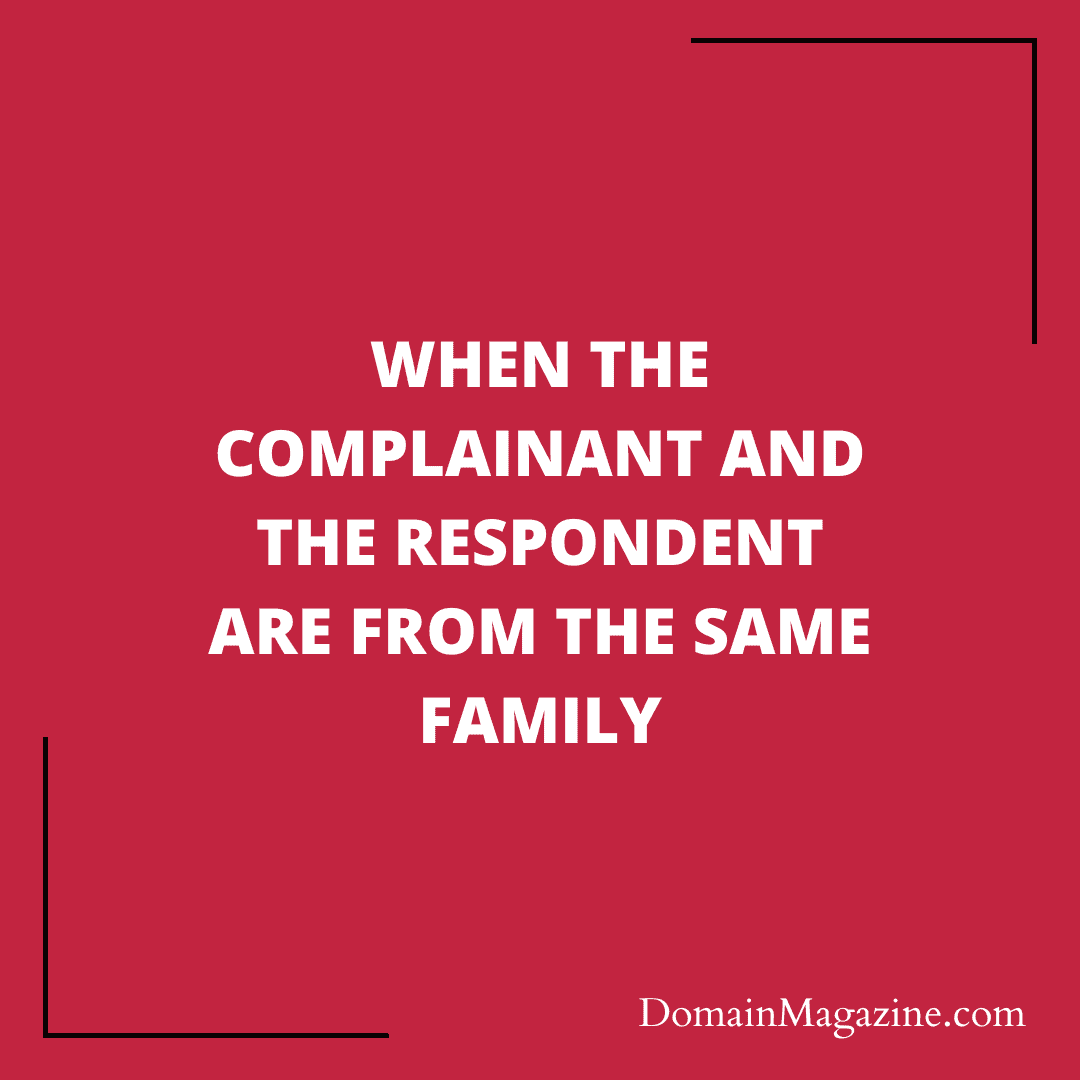Today we are going to see an interesting UDRP dispute where family members were in a contest for the domain name SukhSagar.com.
The Respondent, who is the son of one of the partners of the Complainant firm, claims to have full rights and privileges to use the trademark due to his involvement in the family business. However, the Complainant holds a trademark registration for the mark in India, and there is an ongoing legal proceeding concerning the mark between the parties.

It is also noted that the disputed domain name was originally owned by a third party and was acquired by the Respondent through a successful UDRP complaint filed by the predecessors of the Complainant. The details of trademark registrations for the mark SUKH SAGAR owned by the Respondent in other jurisdictions have not been disclosed by either party.
The Complainant has filed a lawsuit for infringement of its mark SUKH SAGAR against the Respondent before the City Civil Court, Bangalore, and copies of the lawsuit papers have been submitted with the Complaint.
Complainant’s Case
The Complainant asserts that it is the absolute owner of the mark SUKH SAGAR and the disputed domain name, having acquired them through assignment agreements in 2019. The Complainant alleges that the Respondent was orally permitted to use the mark for a unit in Dubai but was later removed from the post of director at the Complainant’s firm, making him a total stranger with no authority to use the disputed domain name.
The Complainant argues that the Respondent is a cybersquatter and has no right or legitimate interest in the disputed domain name. The Complainant also alleges that the Respondent has been projecting himself as the sole proprietor of the mark SUKH SAGAR and using the website at the disputed domain name to solicit business, which amounts to trademark infringement.
In a supplemental filing it was revealed that the Complainant had also registered the concerned trademark in Qatar, Saudi Arabia, Canada, UAE, and United States of America.
Respondent’s Rebuttal
The Respondent did not file a formal reply to the Complainant’s contentions. However, the Center received an informal communication from the Respondent on August 29, 2022, in which the Respondent admitted to the ongoing legal proceeding between the parties and informed that the matter is posted for hearing on September 20, 2022.
The Respondent has stated that as the matter is already before the courts in India in respect of the same claim made by the Complainant, WIPO should wait until the order is passed in the Indian courts before taking any action.
Jury’s Jurisdiction

The Panel finds that it can decide the dispute based on the Complaint, even though the Respondent did not submit a response. The Complainant must prove by a preponderance of evidence that (i) the disputed domain name is identical or confusingly similar to a trademark or service mark in which the Complainant has rights; (ii) the Respondent has no rights or legitimate interests in respect of the disputed domain name; and (iii) the disputed domain name has been registered and is being used in bad faith.
The Panel finds that it is unnecessary to address the first two elements of the Policy because the case is not about cybersquatting. The dispute between the parties concerns broader issues, which are not suited for resolution under the Policy. The Panel therefore denies the Complaint.
The Panel notes that the Complainant remains free to seek remedies in other fora and that this decision does not seek to influence any such subsequent proceedings.


Join the Discussion